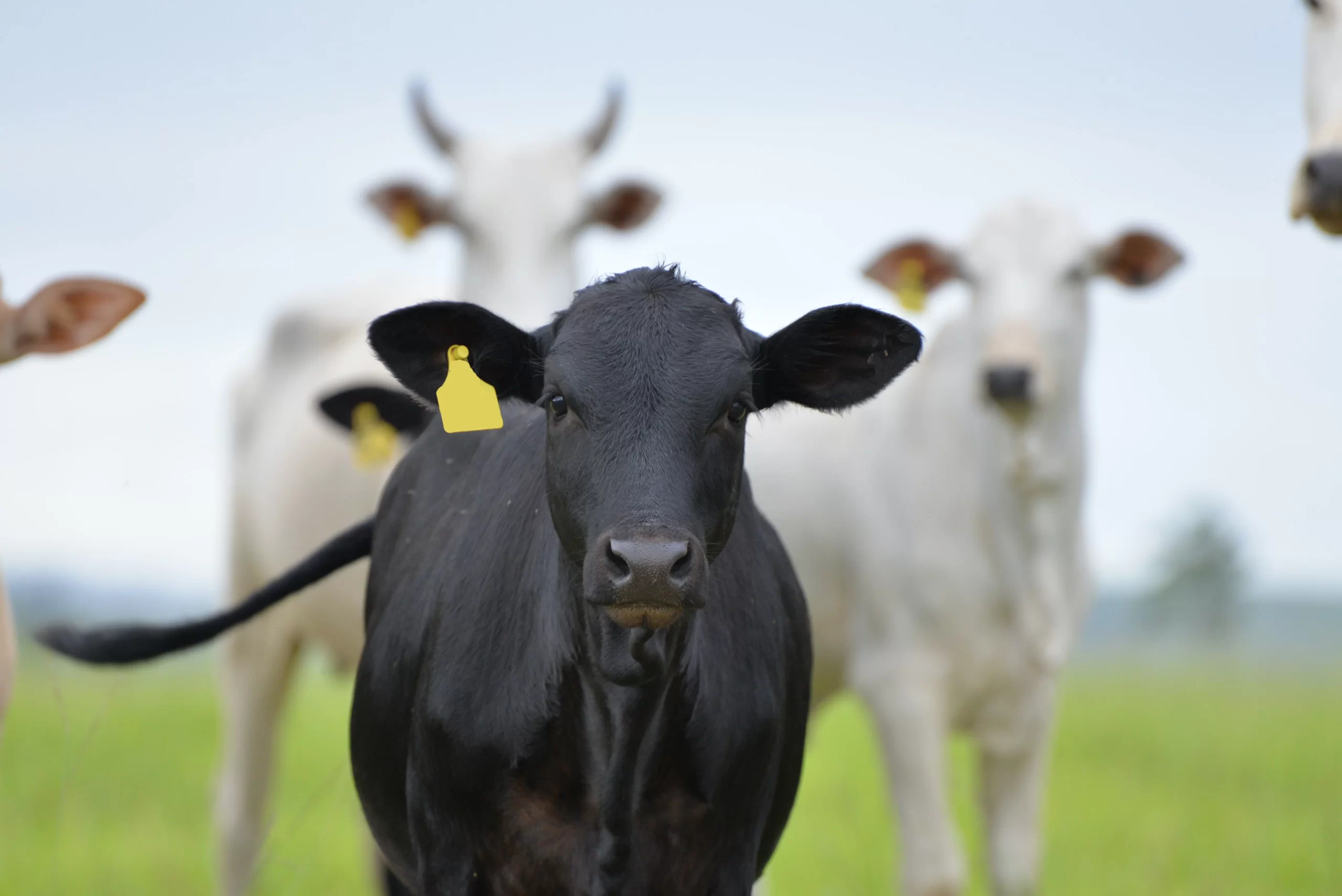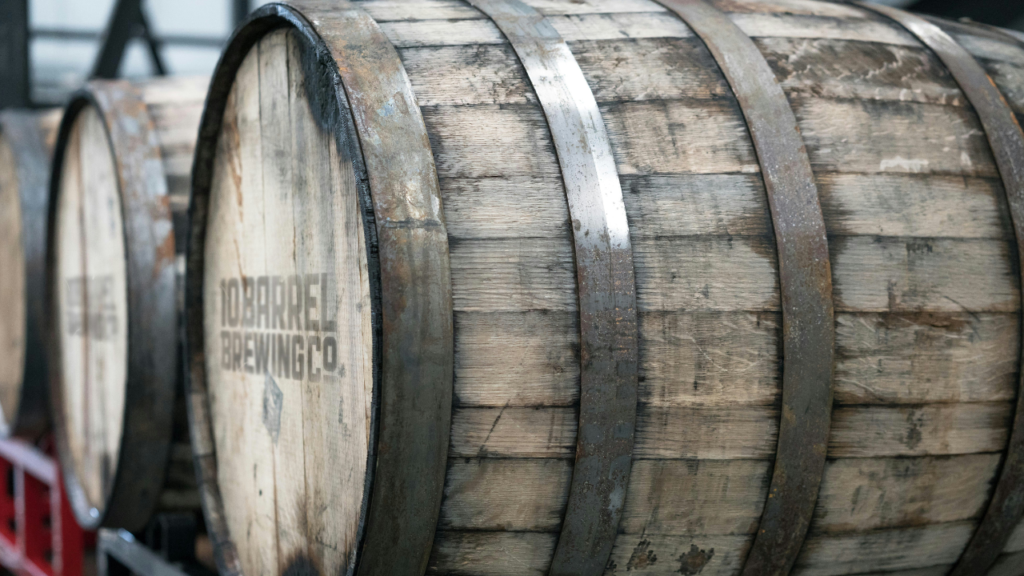Zuckerberg’s New Plan is to Raise Cattle with Beer and Nuts

In recent months, reports circulated about Mark Zuckerberg’s construction of a bunker on the picturesque island of Kauai, sparking intrigue and speculation. However, the Facebook founder has now taken to Instagram to unveil a surprising and more grounded project – cattle ranching at Ko’olau Ranch on Kauai.
Why is Zuckerberg raising cattle?
In a detailed post, Zuckerberg outlined he is raising cattle because he wants to create some of the best-quality beef in the world. He also disclosed that the cattle being raised on Ko’olau Ranch are of the prestigious wagyu and Angus breeds. Wagyu and Angus cattle are renowned breeds with distinctive qualities. Wagyu, originally from Japan, is famous for its intense marbling, which results in exceptionally tender and flavorful beef. Angus, a Scottish breed, is known for its robust and richly flavored meat.
What sets this ranching venture apart is the unconventional diet planned for these cattle. The cattle were said to be fed macadamia meal sourced from the ranch’s own macadamia trees along with on-site produced beer. While this feeding process may seem unusual to some, it finds application in certain regions, particularly to encourage cattle to consume more food and thus promote weight gain. Beer contains various sugars, amino acids, and other compounds that can contribute to the flavor profile of the meat. By incorporating beer into the cattle’s diet, some ranchers believe that it imparts a richer and more complex flavor to the beef.
The practice of feeding cattle alternative diets has a rich historical context, often rooted in efforts to improve livestock health, productivity, or product quality. Historically, farmers and ranchers experimented with various non-traditional feed ingredients to enhance the nutritional profile of cattle diets. For instance, the use of by-products from brewing, such as spent grains, has been a common practice in regions where beer production is prominent. These alternative feed sources not only provided additional nutrients but also offered a way to recycle agricultural by-products, reflecting a sustainable approach to farming. In various cultures, innovative feeding practices emerged, incorporating local resources like nuts, which were sometimes used as supplementary feed to provide essential fats and proteins.
Beer and nuts are unique in their composition, offering distinct nutritional benefits for cattle. Beer, particularly in the form of spent grains, is rich in fiber and protein, providing a valuable supplement to traditional cattle feed. The fermentation process also enhances the digestibility of these grains, making them a beneficial dietary component. Nuts, on the other hand, are packed with fats, proteins, and essential vitamins, contributing to overall cattle health and potentially improving the quality of meat produced. Scientific studies have explored these benefits, indicating that cattle fed with these ingredients can experience better growth rates, improved meat marbling, and even a unique flavor profile in the beef.
When compared to beef from cattle fed traditional diets, beef from animals raised on beer and nuts can exhibit distinct differences. Traditional cattle diets, typically composed of grains, forage, and supplements, produce a consistent but sometimes less varied flavor profile. In contrast, the unique components of beer and nuts can create a more distinctive taste, appealing to gourmet and niche markets. The enhanced marbling and tenderness resulting from this diet can also set the meat apart in terms of quality, offering a richer mouthfeel and more satisfying eating experience. This distinction not only contributes to the sensory attributes of the beef but can also enhance its market value, particularly in segments where premium quality is sought.

Zuckerberg’s Instagram post stirred a flurry of comments, as users eagerly delved into the details of his ranching venture. Among the inquiries, a query emerged concerning whether the cattle might get intoxicated from the beer they consume. In response Zuckerberg replied that it mostly makes them more hungry, leading them to eat more. In addressing the quantity, Zuckerberg quirkily emphasized that it requires a substantial amount of beer to get a cow drunk.
Despite Mark Zuckerberg’s openness in sharing details about his venture into cattle ranching, the tech mogul has opted to remain silent on comments regarding the speculated $100 million bunker construction on Kauai. While the cattle project sheds light on Zuckerberg’s agricultural pursuits, the persistent speculation surrounding the bunker adds a layer of mystery to his activities on the picturesque island. The unanswered questions about the purported bunker construction leave followers intrigued, fueling curiosity about Zuckerberg’s potentially undisclosed projects on Kauai.
While many people were surprised by Zuckerberg’s new venture into cattle ranching at Ko’olau Ranch, it has also stirred reactions from some vegans who were not pleased. The introduction of cattle farming, especially for beef, tends to be a touchy subject for those who follow a vegan lifestyle, avoiding animal products.
From a vegan perspective, the ethical implications of raising animals for consumption are a primary concern. Vegans advocate for a plant-based lifestyle that excludes all animal products, emphasizing compassion for animals and the avoidance of harm. This perspective often extends to a critique of industrial farming practices, which are seen as exploitative and environmentally damaging. The environmental arguments against cattle farming include the significant carbon footprint of beef production, deforestation linked to grazing land, and the inefficient conversion of plant feed into animal protein.
The displeasure with Zuckerberg’s plan to raise cattle reflects a broader discomfort among vegans with high-profile figures endorsing or participating in animal agriculture. For many in the vegan community, public figures like Zuckerberg have a responsibility to lead by example and promote sustainable and ethical food choices. The decision to engage in cattle farming is seen as contrary to this ideal, particularly at a time when awareness of the benefits of plant-based diets and sustainable living is growing.
Stay informed with Decode Today! Subscribe for the latest updates on global news, businesses, market trends, technology, and the economy.

Upgrade Your TradingView Plan
- ✓ Set multiple price or indicator alerts.
- ✓ Rewind and replay past market data and run backtests to simulate trades.
- ✓ Access high-performance strategies and indicators shared by top traders.
- ✓ Unlock custom timeframes, multi-chart layouts, and add more indicators.
Claim $15 bonus and 1 month free trial if you join now.
Claim $15 Reward Now